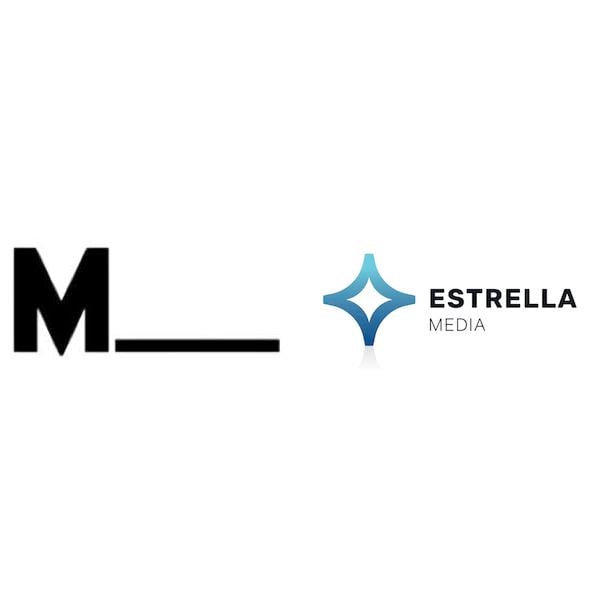
MediaCo Acquires Estrella Media’s Content Operations; To Program Radio Licenses - RadioInsight
MediaCo Holding, owners of Hip Hop “Hot 97” WQHT and Adult R&B 107.5 WBLS New York, have announced the acquisition of assets from Estrella Media. MediaCo acquired Estrella Media’s “EstrellaTV” network, four digital streaming TV channels “EstrellaTV”, “Estrella News”, “Cine EstrellaTV”, and...
 radioinsight.com
radioinsight.com
This confirms the recent acquisition rumors. Any changes possible in Houston or just business as usual?

